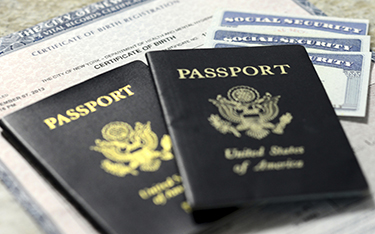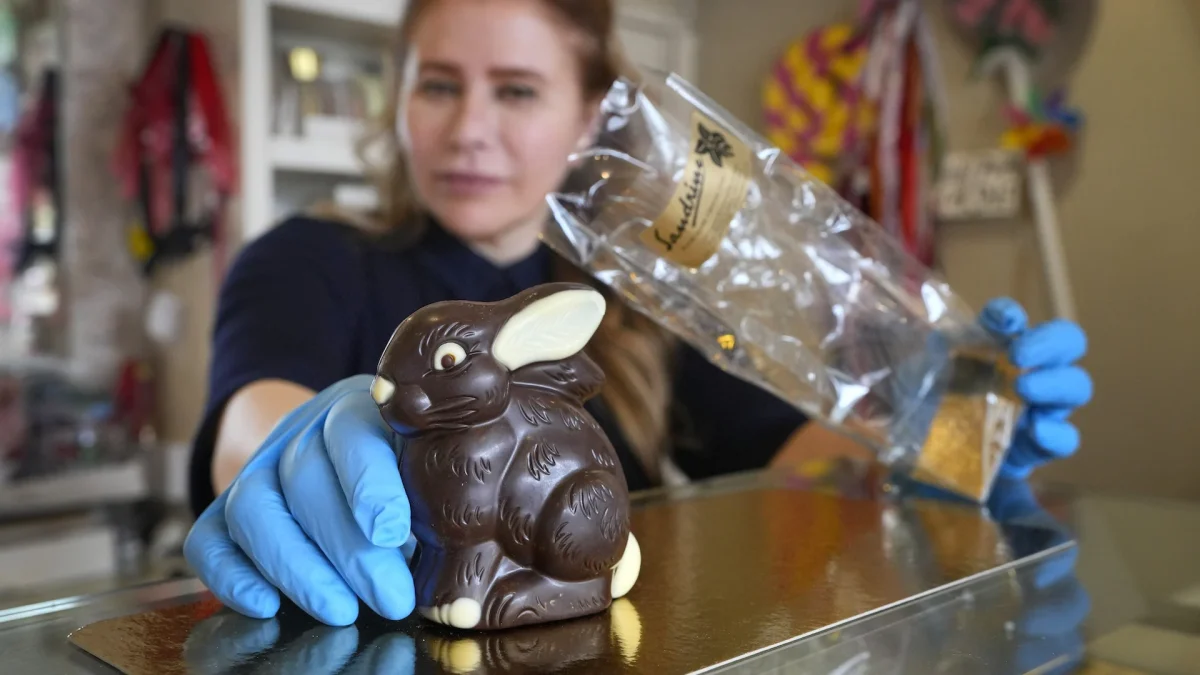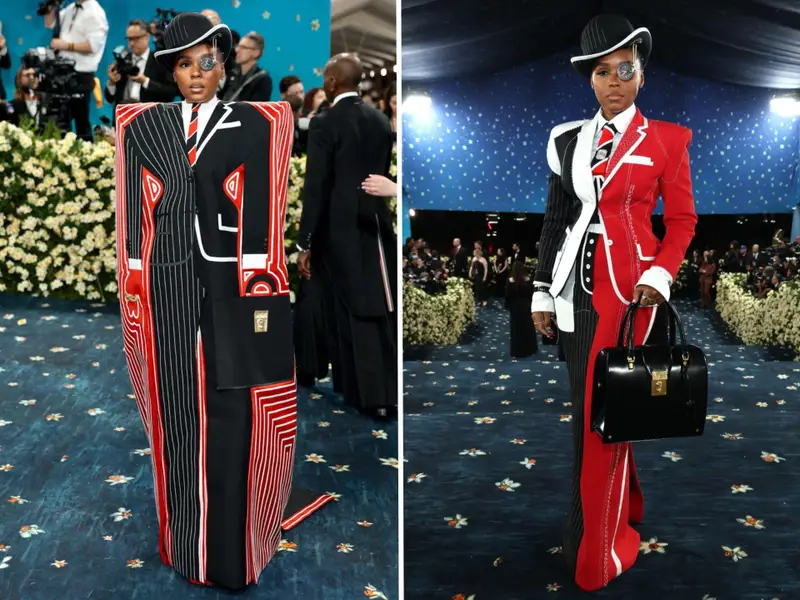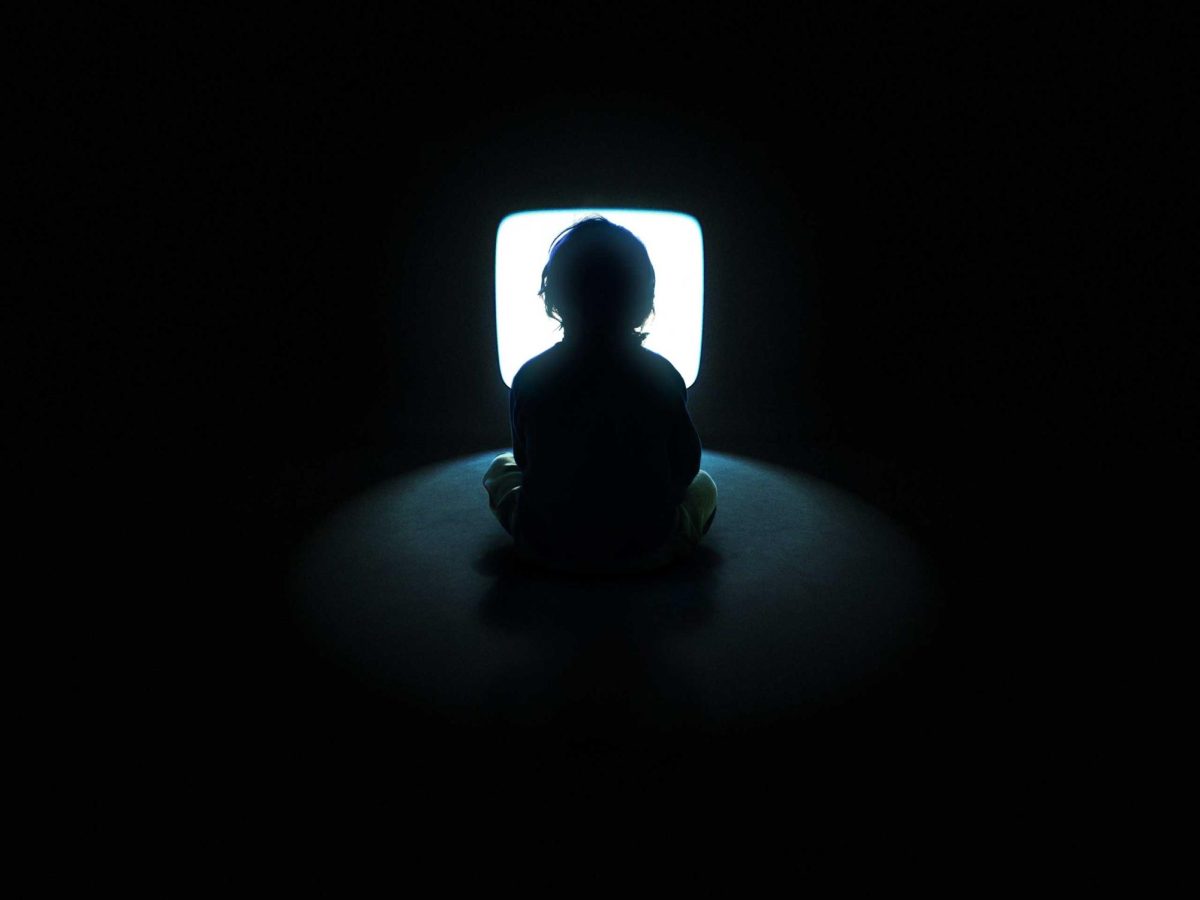Racism is a deeply rooted American problem that each generation has had to contend with. It is complex, as it manifests in harsh words and actions against others. Recently, there has been an increase in the use of racial slurs and discrimination. Even celebrities have begun to post racially motivated posts, including Isabella Escu.
Isabella Escu, more well known as ‘Isa’ on the app TikTok, is a popular teen who posts videos about her daily life and makeup routines. She used to be praised for being “beautiful” and “sweet,” but that praise was soon shut down after Isa said a racial slur online. She sent a video of herself saying the N-word to a friend, but her friend leaked the video to the media. This caused many fans to change their perspectives about her, and she was officially ‘canceled’ – a term used for when a celebrity does something wrong and immediately reprimanded through exclusion. Her 2.1 million follower mark dropped to 1.8 million, losing over 300,000 followers. Millions of fans made hate accounts and sent her taunting comments like: “Isa, I love your dreads!” or “Isa, how does it feel to be black?”
Her apology was long awaited by many TikTok fans. After two days, she addressed the incident, and Isa’s boyfriend, Juan Palo, tried to defend her by posting a barely sincere apology. It was not necessarily an apology – his only means of coming online was to defend his girlfriend and say things like, “Let’s just get past this,” and “It was all a joke; she meant no harm.” These comments were received by TikTok users as inconsiderate of the long history of pain felt by marginalized communities. Racial slurs can harm people, and we must always keep in mind the words that are coming out of our mouths.
Sophia Padron, Isa’s friend, posted a video shaming her friend for saying the n-word. However, a few days later, social media users find that Padron has used this word multiple times as well. It was recorded on Instagram Live a week after Isa’s situation. Padron also received much hate so she apologized to save her TikTok follower platform. Her situation faded much quicker than Isa’s, as she wasn’t as huge of a star. Students at Fallon had their views about this topic. Seventh grader Namitha Badami explains, “It only seems fair that she gets as much hate as Isa did.” Namitha noticed how people are only out to say, “I never liked her in the first place,” or even “I’d known she’d be like this,” but they never address the real issue of how she hurt the Black community.
The primary and most crucial issue that needs to be targeted is why online influencers use racial slurs. Influencers like Isa and Padron are going viral for losing followers and being “canceled,” but no one is calling them out on what they said and how it affects the Black community. Eighth-grader Jua Kim explains why teens are so centered on canceling the creator. She believes, “ People don’t care about what she says… fans might be less concerned about her racist behavior because their motivations were for her to lose fans.”
All in all, posting harmful things on social media is unacceptable. Isa Escu and Sophia Padron are good examples of the consequences you can face if you use these types of negative language. Today’s media is filled with both positivity and negativity. To stop the hate, we must be kinder to one another. Continuing to spread awareness about emotional topics like racism and sexism will open the eyes of our generation to the impact of these words. As a student at Fallon, you can help change our campus to be a more inclusive environment for all.






















